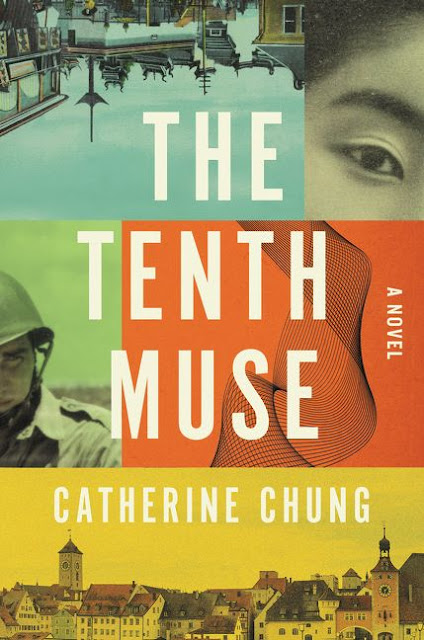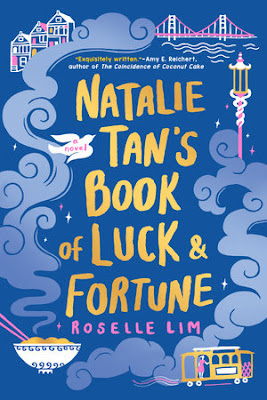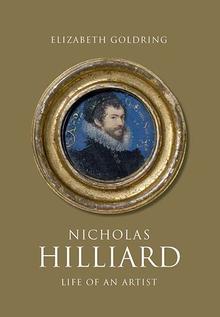 Catherine Chung
Catherine Chung was born in Evanston, IL, and grew up in New York, New Jersey, and Michigan. Writing has been her life-long passion, but as an undergraduate she indulged in a brief, one-sided affair with mathematics at the University of Chicago followed by a few years in Santa Monica working at a think tank by the sea.
Eventually she attended Cornell University for her MFA, and since then she and her books have been given shelter and encouragement from The MacDowell Colony, Jentel, Hedgebrook, SFAI, Camargo, The University of Leipzig, VCCA, UCross, Yaddo, Civitella Ranieri, The Jerome Foundation, the Ludwig Vogelstein Foundation, and the Constance Saltonstall Foundation. Her brother, Heesoo Chung, has also given her a bed and fed her lots of ice cream at criticał times.
Chung is the recipient of a National Endowment for the Arts fellowship and a Director’s Visitorship at the Institute for Advanced Study in Princeton. She was a Granta New Voice, and won an Honorable Mention for the PEN/Hemingway Award with her first novel,
Forgotten Country, which was a
Booklist,
Bookpage, and
San Francisco Chronicle Best Book of 2012. She has published work in
The New York Times,
The Rumpus, and
Granta, and is a fiction editor at
Guernica Magazine. She lives in New York City.
Here Chung dreamcasts an adaptation of her new novel,
The Tenth Muse:
When I was growing up, my white friends would sometimes ask each other who they'd want to play them in the movie of their lives. As a child, I was always at a loss: there were no Asian American child actresses I knew by name. I don't know when the first time I saw one was, but to be honest, it's not something I likely would have wanted to commemorate: the Asian American onscreen characters of my childhood were the foreign exchange students in the goofy clothes who spoke with accents, or the nerds everyone else made fun of and picked on, who carried calculators and protractors, whose noses were buried in giant books. It's not that these depictions didn't reflect my experience: they did, in the most painful ways. I wanted nothing to do with them.
When my first book came out, people would ask me who I wanted to play the Korean American family in my novel. "When was the last time you saw a movie about an Asian American family?" I deflected--refusing to play along. "How many Asian American actors and actresses can you even name?" The Joy Luck Club had come out when I was in middle school, and almost two decades had passed by that point. I had loved that movie: had loved seeing beautiful, complicated Asian American women living a range of different lives whose stories were treated with compassion and love and whose mothers' backstories, also lovingly told, were equal parts glamorous and tragic. That whole movie was filled with a tortured longing I understood: the yearning of the second generation to immerse itself fully in the New World in tension with the desire to hold on to history, to culture, to family, to love.
And then, for a long time, there was nothing that even compared. I loved Lucy Liu and Sandra Oh and Margaret Cho, but I wanted more for them, and more for myself. I wanted them in leading roles, I wanted them surrounded by other Asian faces, for the focus to be on the full range of their experiences as Asian American women--something I hadn't seen enough of, something I was hungry for.
The last two years in Asian American cinema and television have been a revelation, to say the least. When I think of Crazy Rich Asians, To All The Boys I Loved Before, and Always Be My Maybe I am filled with devoted, celebratory, gleeful pride, as if someone in my family had made them. For the first time, this question of who would play the lead role of my protagonist Katherine in the movie of my book feels like a joyous one to answer. And since I'm new at this, since it's my first time really allowing myself to ask this question, I find that I am greedy. I want everyone. Setting aside practicalities of age, etc, I want the first Asian American actress I ever fell in love with, the one whose face I've missed for so many years--Ming-Na Wen with her soulful eyes and quiet depth, I want Lucy Liu and her radiant energy and sparkling charm, Sandra Oh with her charisma, range, and humanity. I want Gemma Chan for her angelic beauty, and even more for the way her thoughts telegraph across her face and the intelligence that shines through everything she does (she could also play the young version of Katherine's mother with heartbreaking clarity)--and Olivia Munn with her sharp, forceful, unapologetic and charmingly eccentric personality, and who is also the only actress on this list who's biracial, as Katherine is. Any of these phenomenally talented actresses could inhabit Katherine--a math genius struggling to find a place for herself in the male dominated world of higher mathematics and simultaneously trying to come to an understanding of her family's history and her own identity--in different and beautiful ways, and I love daydreaming about the different ways they'd play her. And I love, too, daydreaming about the actresses whose work I don't know yet, the actresses I know are coming for us, ready to finally embody the stories we've been waiting with such hunger to see, and the stories we have yet to tell.
Visit
Catherine Chung's website.
Writers Read: Catherine Chung.
--Marshal Zeringue
 Richard Zimler's novels include The Search for Sana, The Last Kabbalist of Lisbon, and The Seventh Gate. He has won many prizes for his writing and has lectured on Sephardic Jewish culture all over the world. He now lives in Porto, Portugal, where he teaches journalism and writes.
Richard Zimler's novels include The Search for Sana, The Last Kabbalist of Lisbon, and The Seventh Gate. He has won many prizes for his writing and has lectured on Sephardic Jewish culture all over the world. He now lives in Porto, Portugal, where he teaches journalism and writes.













